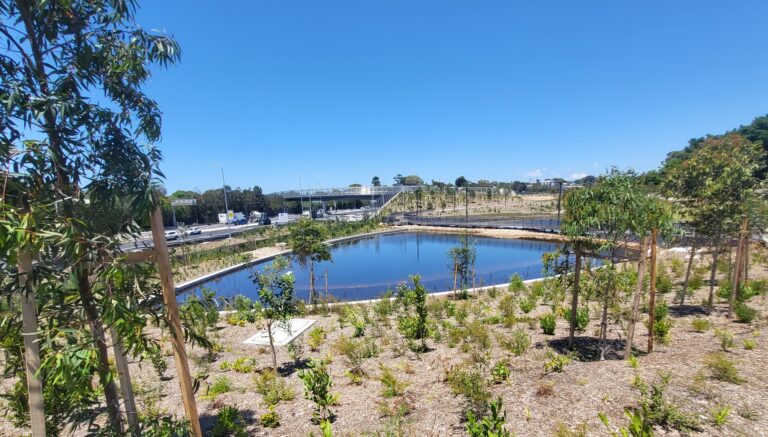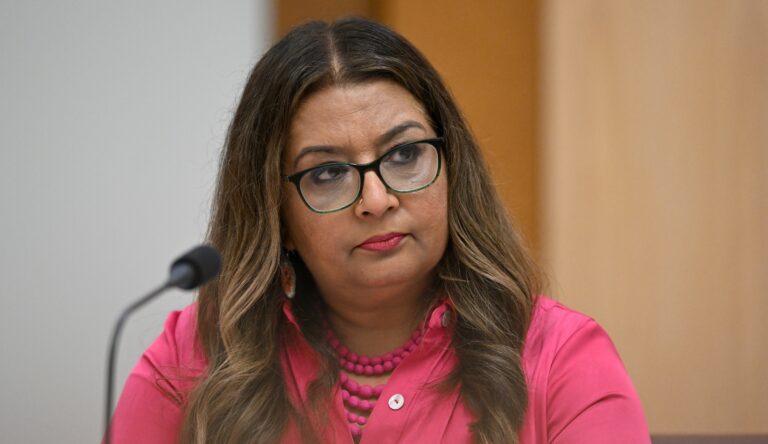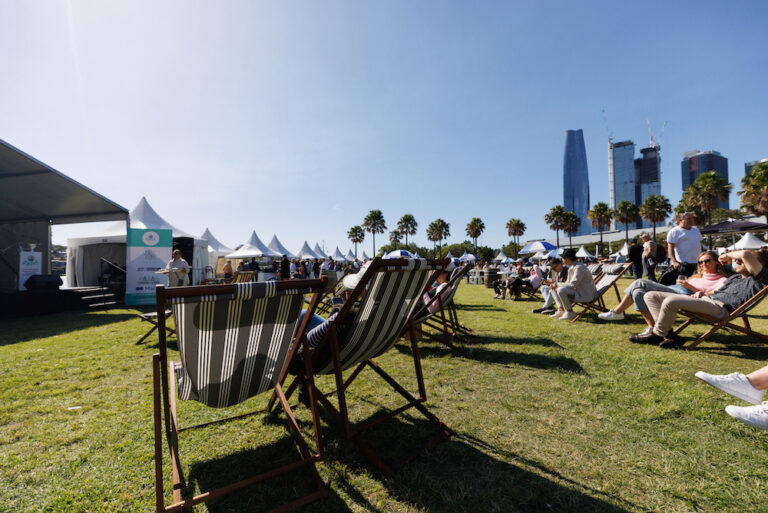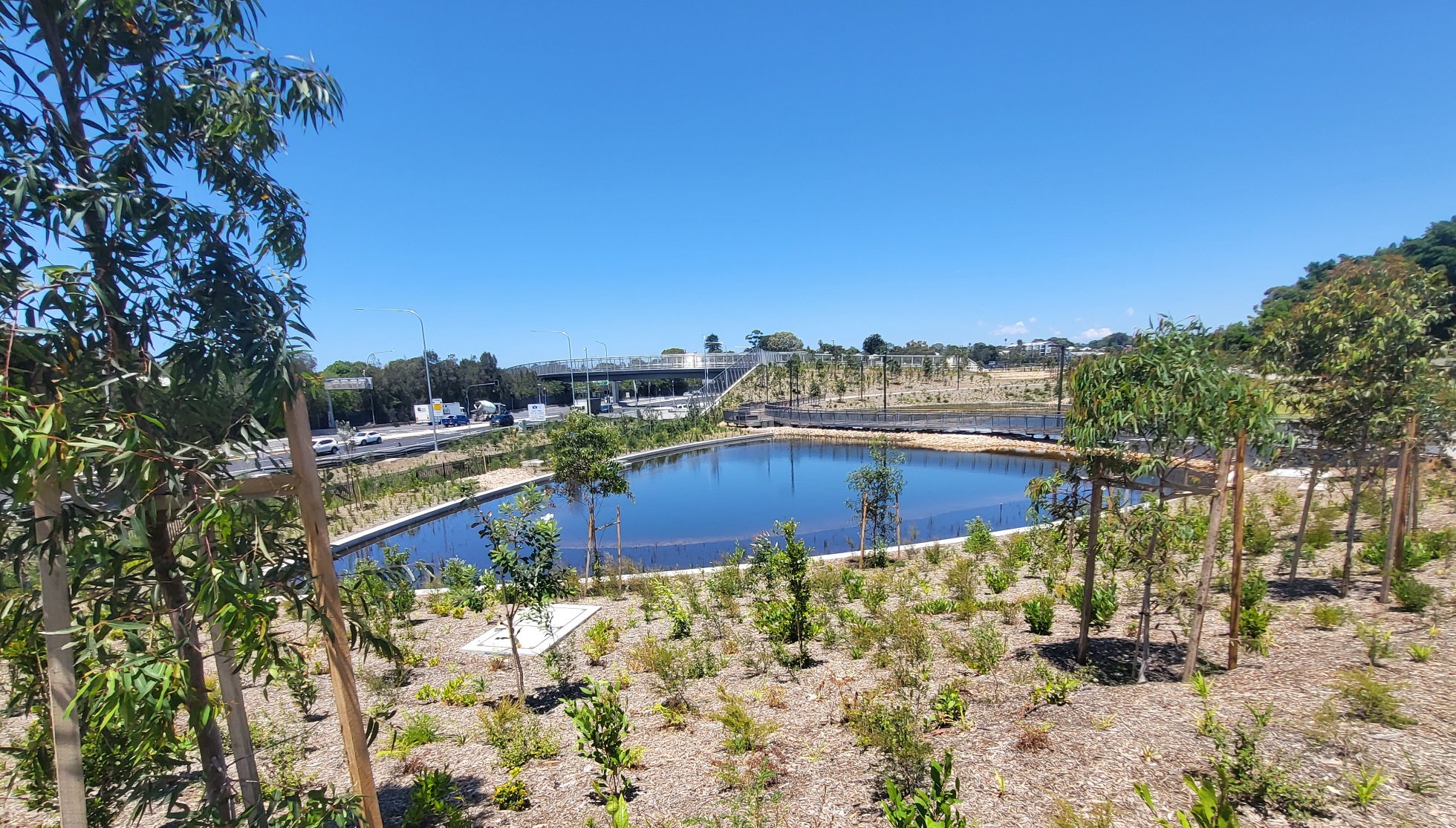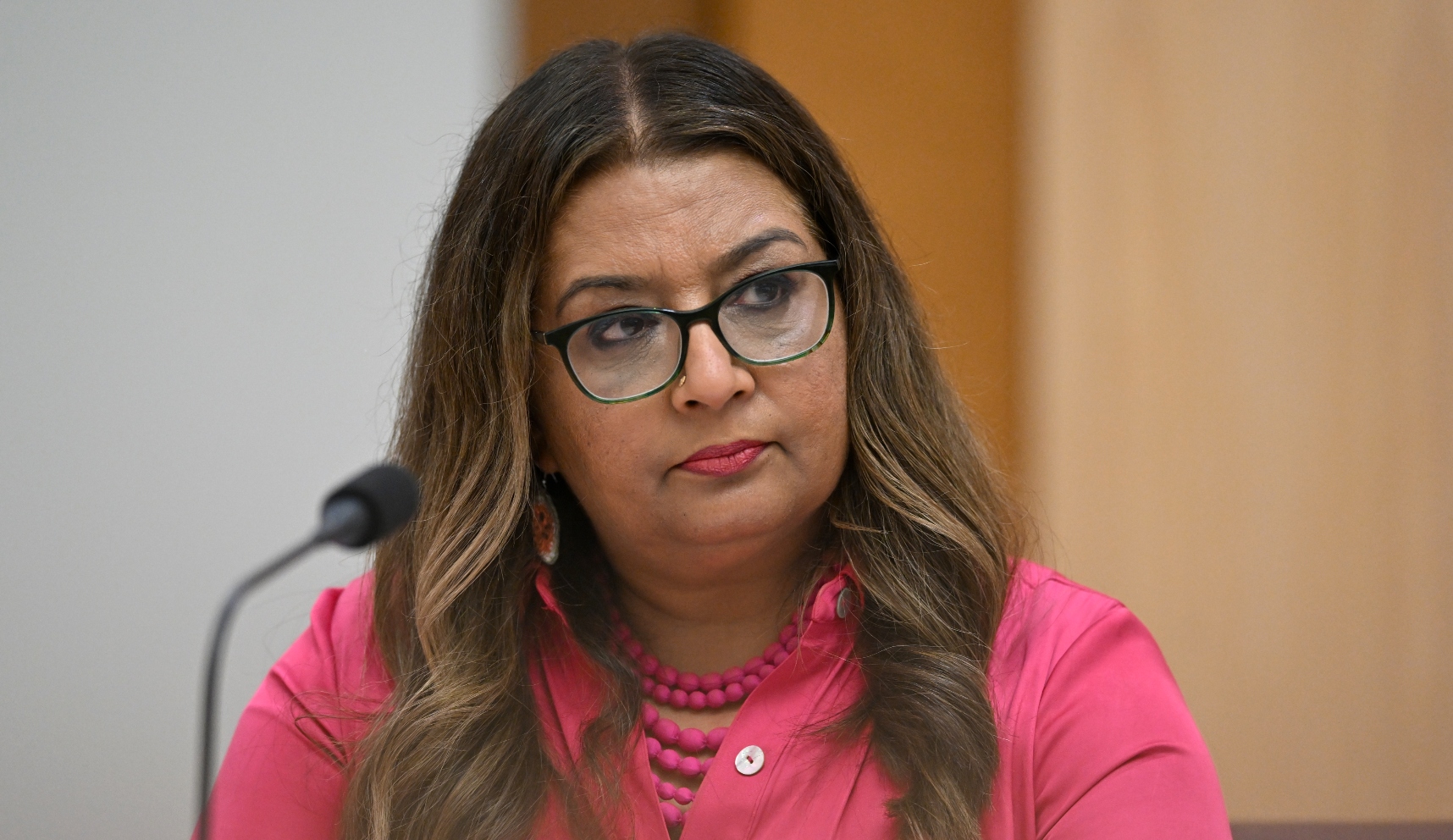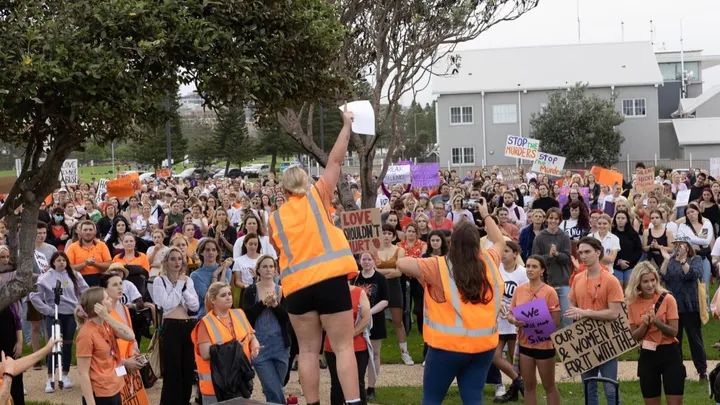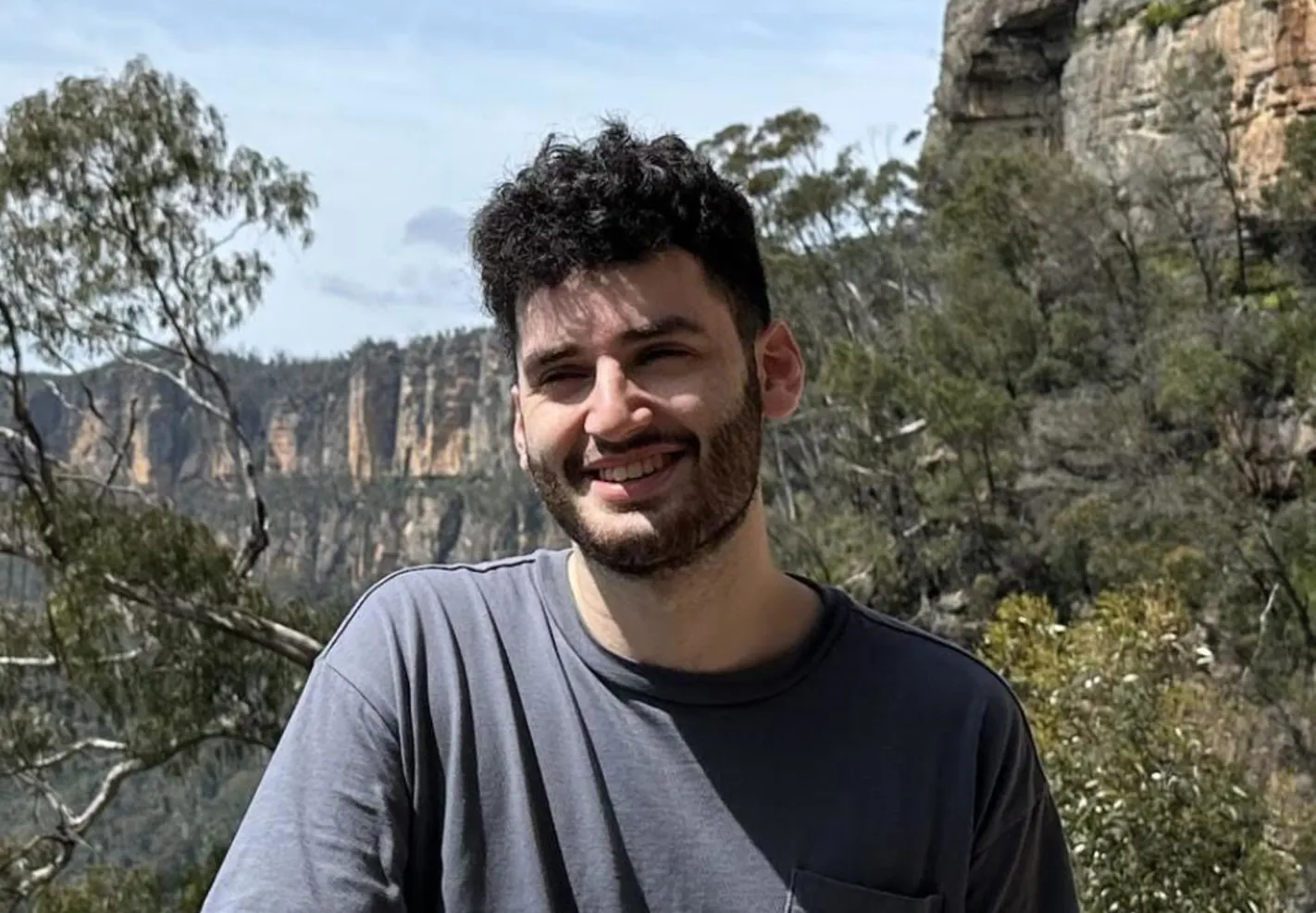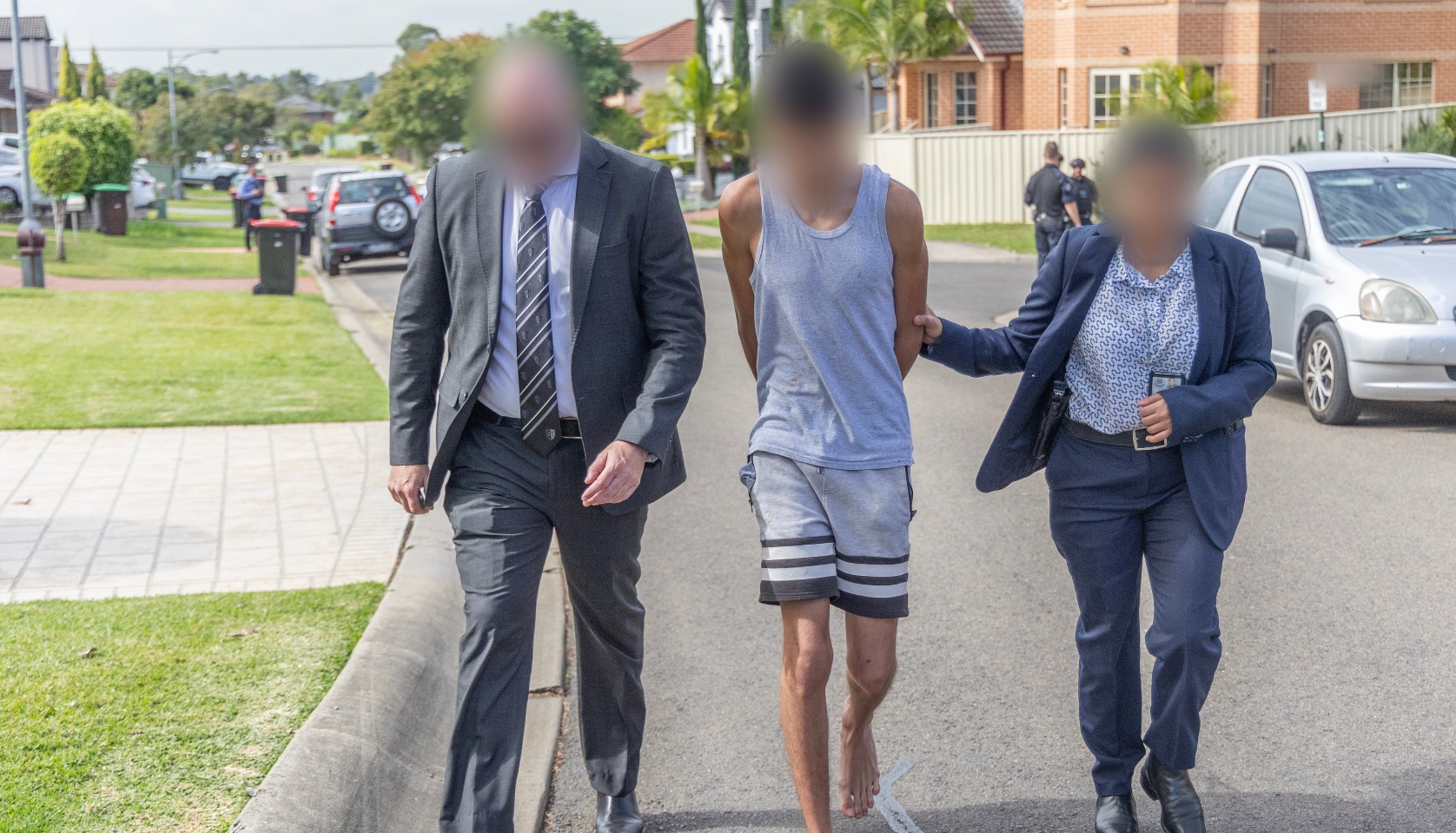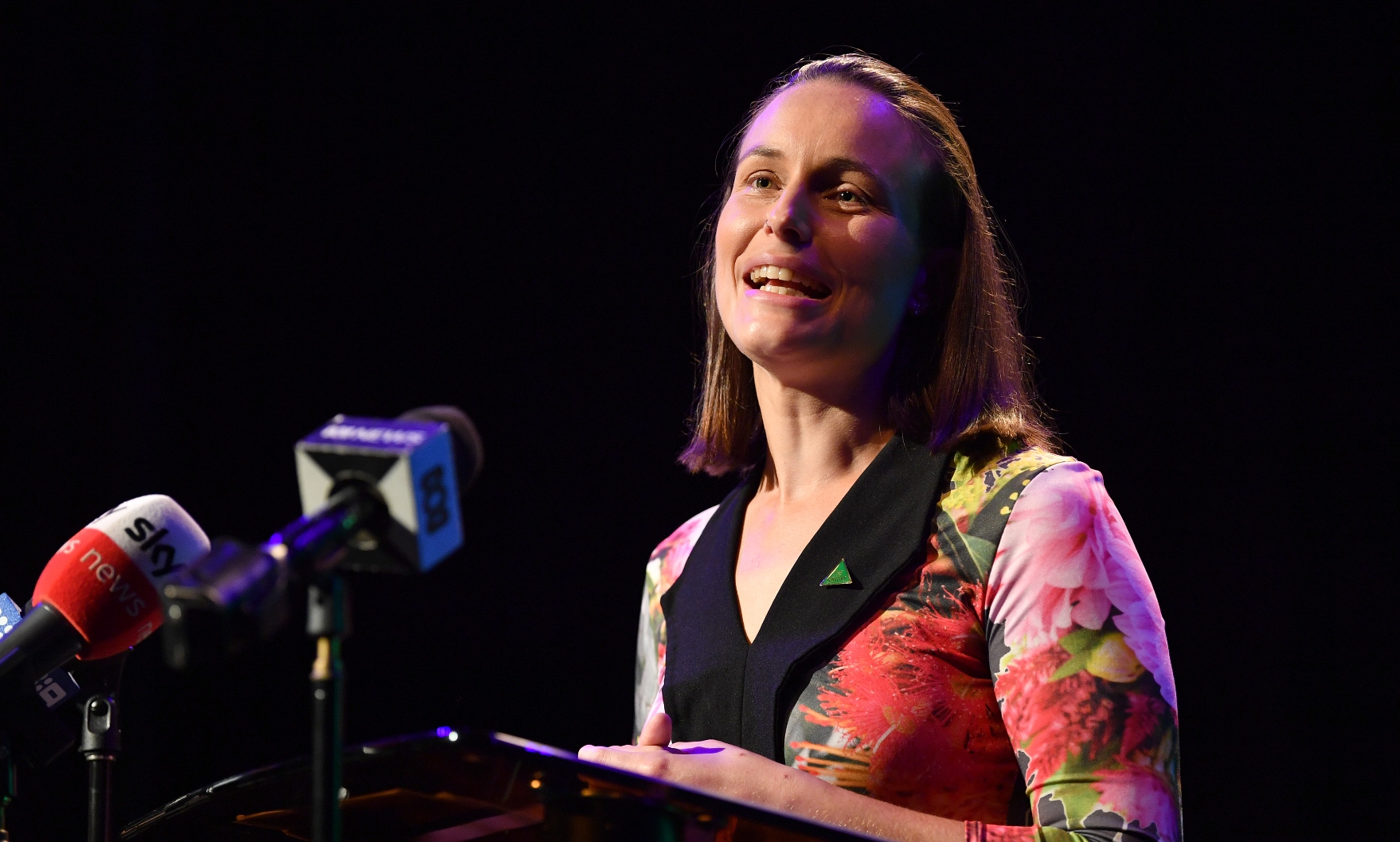
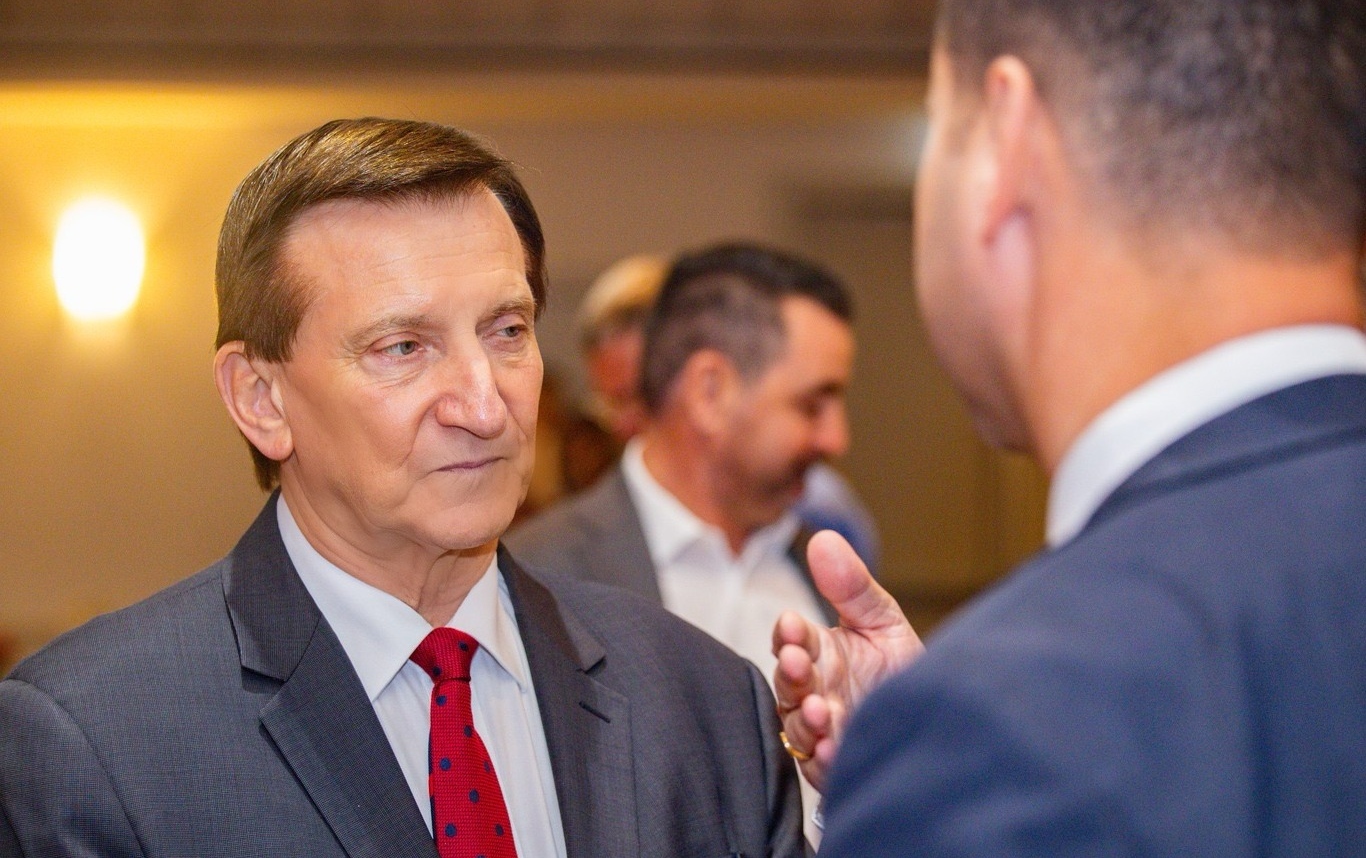
by GRACE JOHNSON
The NSW Government has rejected a proposal to demerge Inner West Council despite the majority of residents voting to split.
After receiving the Boundaries Commission report, Minister for Local Government Ron Hoenig announced on Friday that he would not support the demerger, saying it would be financially unviable.
“There is compelling evidence that the business case presented by Council will cost the community more money than it saves,” he said.
“I have been clear and on the record that I will not allow councils to demerge if they cannot prove they will be financially viable.”
The announcement was sent out at 4:34pm on a Friday afternoon.
Just 14 minutes before, at 4:20pm, a group called Inner West Together
sent an email saying they “heard a rumour” that the Boundaries Commission would soon make its recommendations.
“We hope that it will recommend not to proceed,” the group said in the email.
“A demerger would be a waste of time and money when council needs to be focused on delivering basic services and taking local action on the climate and housing crisises, [sic]”
Mr Hoenig precipitated the community’s disappointment, saying “I understand sections of the community may be disappointed but this decision delivers certainty for the people of the inner west.”
“A betrayal of our community”
Independent Councillor John Stamolis said the decision not to demerge is “a betrayal of our community by the State Labor Government and the Labor controlled Council.”
“Given the enormous party political control over the Inner West, it was always going to be a huge task to get the Minister to listen to the voice of our community,” he continued. “Demerging a big Labor Council, right in the heart of a Labor Prime Ministers electorate would be a big risk for the Minister.”
Councillor Stamolis has long criticised the council for its Labor-dominated politics and has accused the council of inflating costs for de-amalgamation.
A community group called Residents for Deamalgation has said the decision to reject the council’s “inadequate” business case is “not a surprise because the Labor-run Council’s case was deliberately inadequate.”
“Residents are furious. They voted 65.2 per cent for de-amalgamation and once again their voice has been ignored,” said Rochelle Porteous from Residents for Deamalgamation.
“This was a political stitch-up that has been a long time in the making.”
Echoing Councillor Stamolis’s criticisms of the Labor majority, Ms Porteous said, “Labor has cynically ignored the wishes of a majority of the community across the inner west, who voted two to three to demerge in 2021, while pretending it was respecting the democratic will.”
In a statement, Inner West Mayor Darcy Byrne said the commission had made a “fair and independent assessment”.
“We were determined to uphold the will of the inner west community and submitted a detailed proposal for demerger,” he said.
“We accept the Boundaries Commission’s recommendation that the Inner West Council should not be abolished and recognise that the huge cost of demerger would have had serious impacts on services our people depend on.”
Community’s vote to demerge
Residents voted in a non-binding poll in 2021 to de-amalgamate Inner West Council and return to three separate councils — Ashfield, Leichhardt and Marrickville.
Some residents were concerned that the merged council, which was forcefully merged in 2016, would lead to a loss of local representation.
Susanne Martain, a long-time resident in the Inner West, previously asserted to City Hub that this was indeed the case.
“Labor is pushing their own policies,” she had said. “They are not representing the community. We’ve lost local representation since the merger.”
In a previous conversation with City Hub, before the Boundaries Commission released its decision, Greens Councillor Dylan Griffiths said he didn’t personally support a demerger.
He pointed out that a larger council has more resources to deliver meaningful services to the community, and that voting happened before demerger costs were reported.
“I think such funds would be better used for a serious local intervention into the housing crisis,” he told City Hub.
“We could produce affordable housing for key workers in the Inner West and making sure students, health workers and service workers can afford to live here.”
Council amalgamations announced by the previous Coalition government in 2016 were met with strong backlash.
Then-NSW Premier Mike Baird said mergers could save ratepayers $2 billion over 20 years.
During the amalgamation process in 2019, nineteen councils were formed or changed across the state.
When it was announced in February that councils would be able to de-amalgamate if they foot the bill, many were critical that councils who were forcefully amalgamated would then have to pay to demerge themselves.
President of LGNSW Cr Darriea Turley said at the time: “It’s a cunning public relations exercise by the State Government so that it looks good in the eyes of ratepayers by agreeing to allow de-amalgamations, while at the same time knowing councils cannot foot the bill to carry them out.”
In response to the Local Government Minister’s decision, Mayor Byrne asserted that Inner West has “never stopped working to improve the Council’s performance and responsiveness to the community.”
“It’s time for all Inner West councillors to come together and commit to working to make the Inner West Council even more effective and progressive,” he continued.

